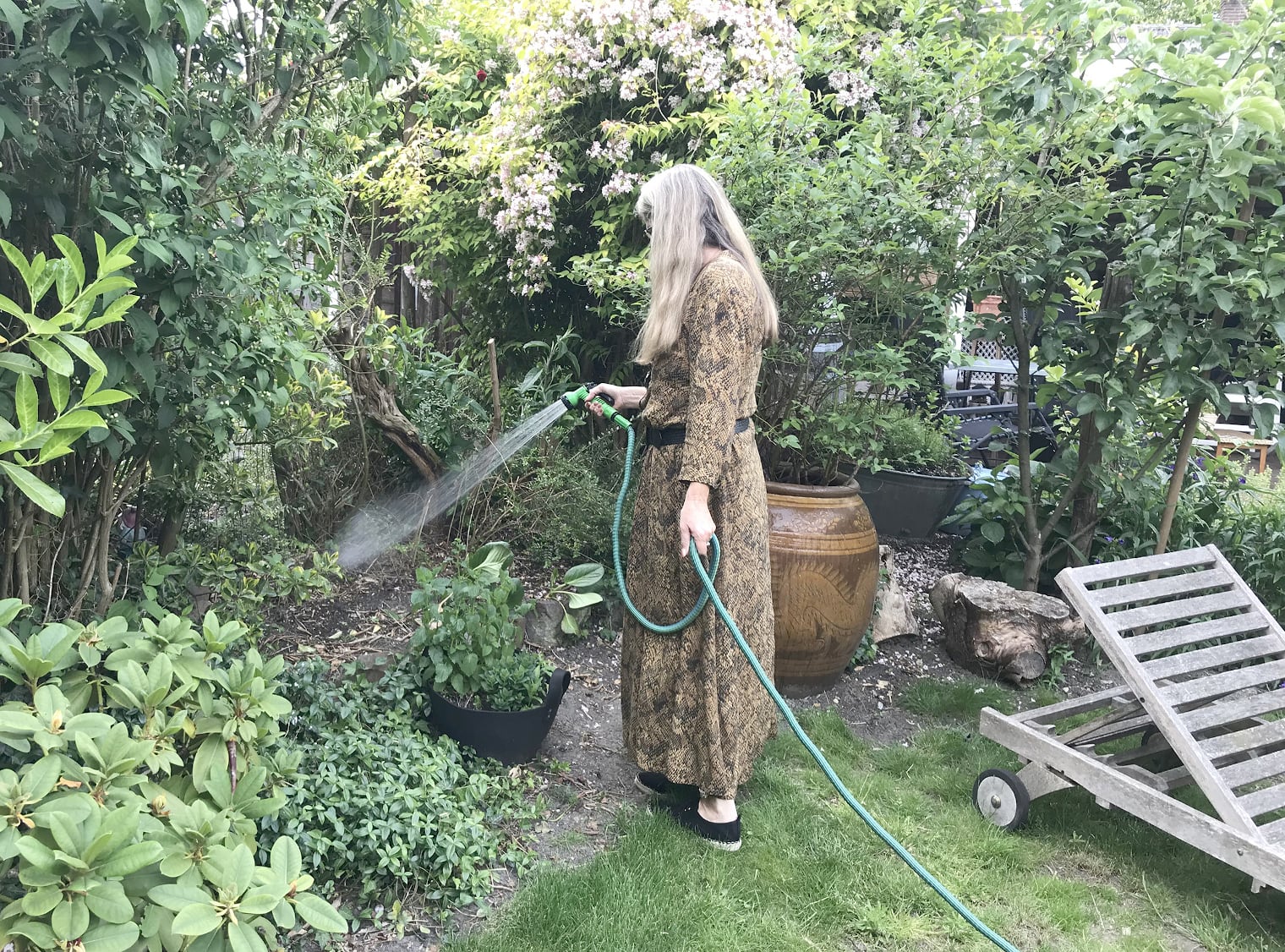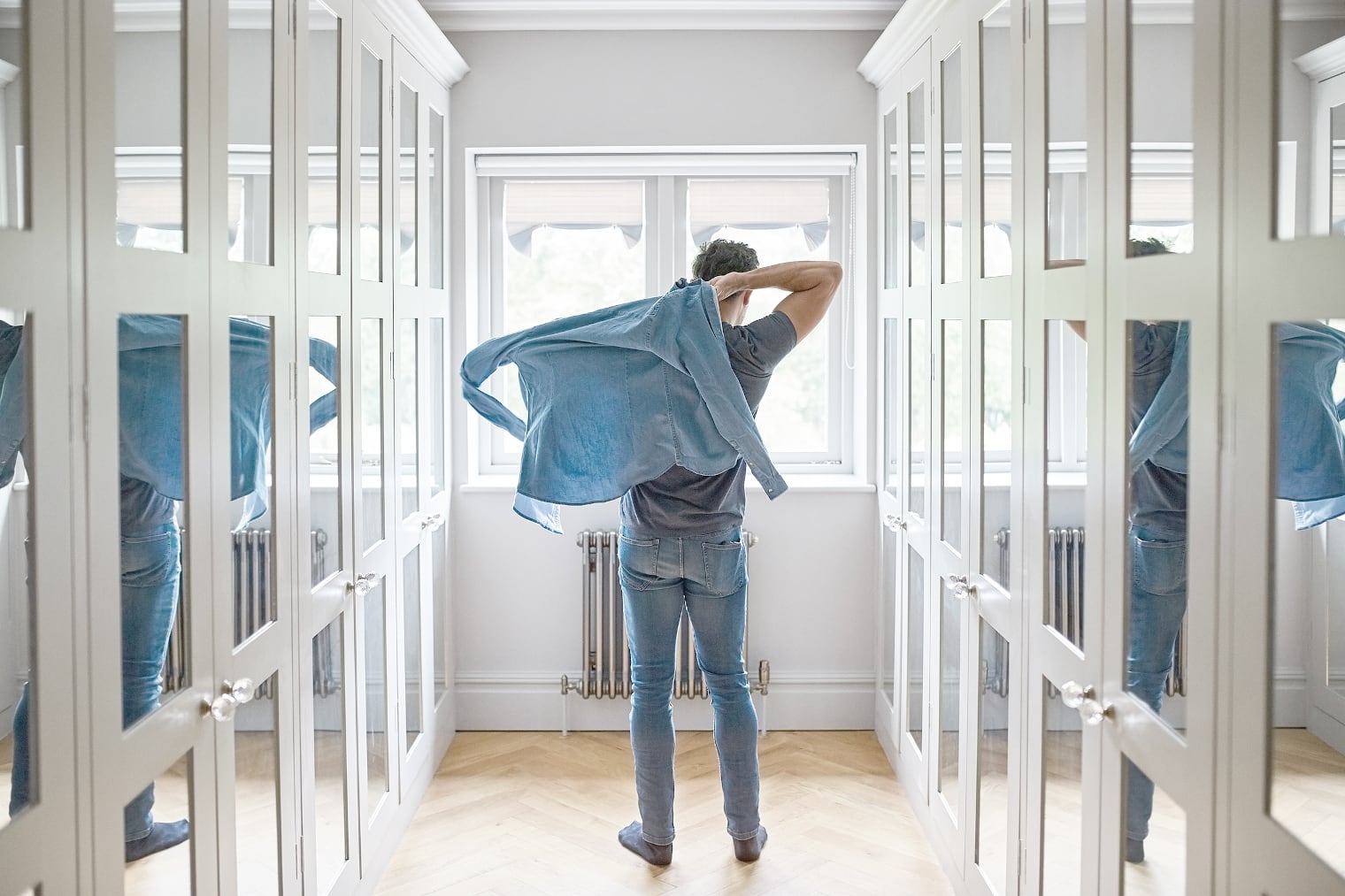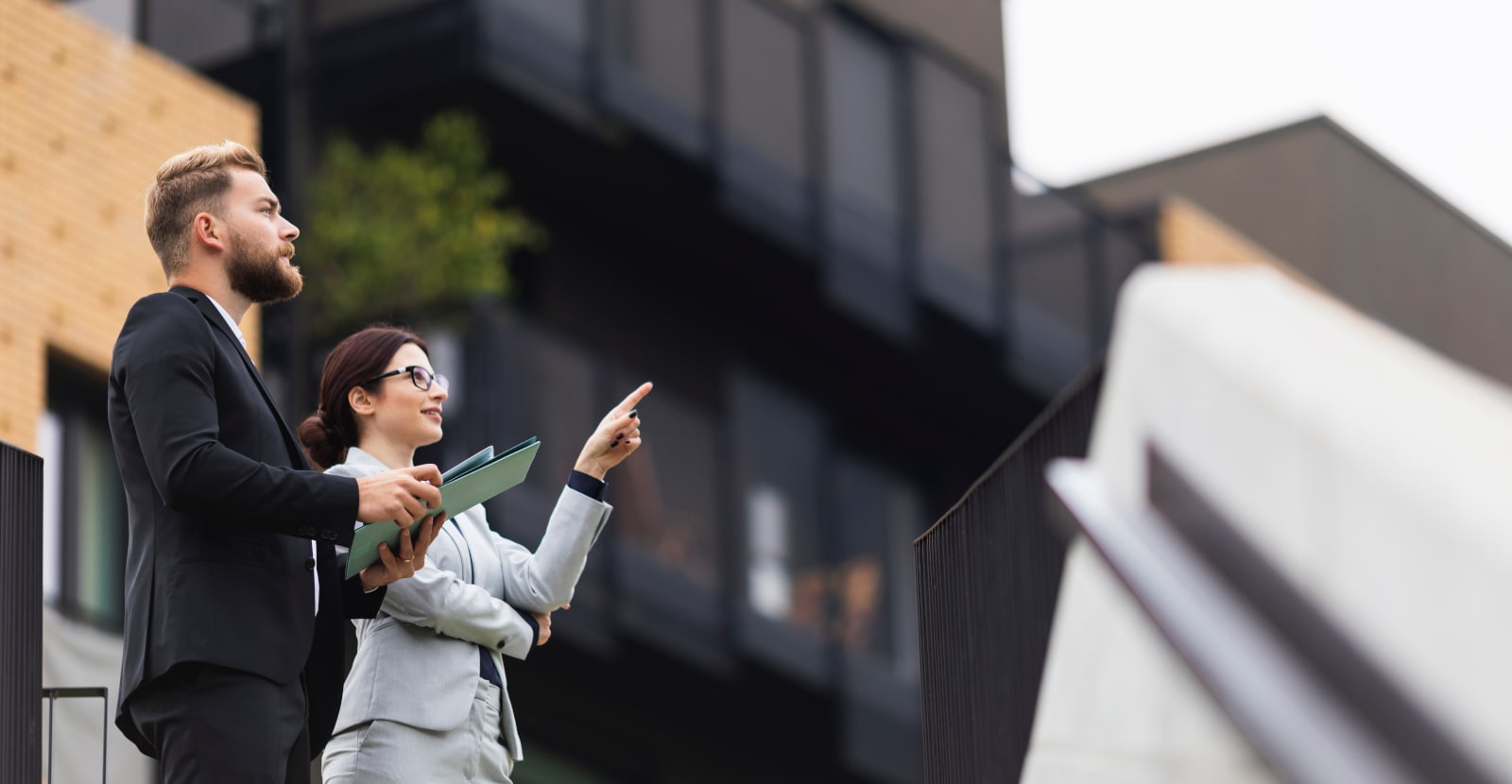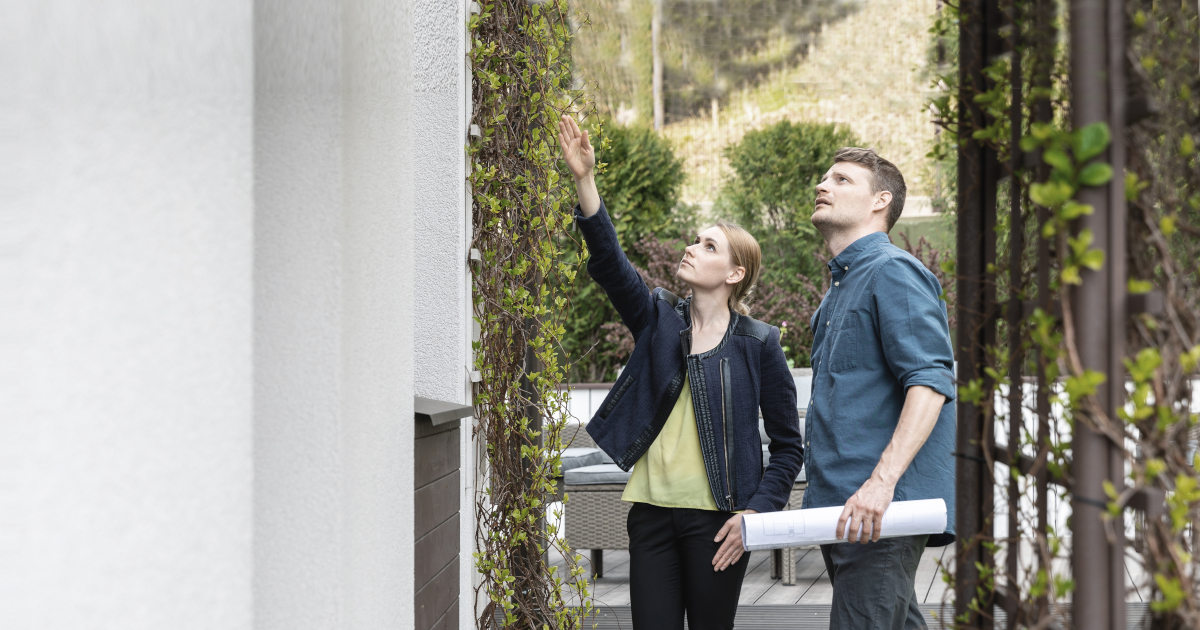Whether it makes more sense to buy or to rent can be assessed using a simplified calculation:
Suppose your monthly rental costs are CHF 1,500, i.e., just under CHF 20,000 a year. And let’s also assume that an equivalent apartment would cost CHF 500,000 to buy.The lending criteria of financial institutions stipulate that at least 20 percent of the property value, i.e., CHF 100,000 must be financed using your own funds. It is important to remember that this money would then be firmly tied up in the property, reducing your overall liquidity. In other words, you could not earn money on this capital by investing it elsewhere.
You take out a mortgage for the remaining CHF 400,000. With an interest rate of 1.00 percent, your monthly interest costs will be CHF 333. In addition, you’ll need to budget 1.00 percent of the property value for maintenance and ancillary costs, i.e., CHF 416. Interest, maintenance and ancillary costs amount to approximately CHF 750.
We now turn to the amortisation. A mortgage debt must be repaid to two-thirds of the purchase price after 15 years or before you retire, whichever comes sooner. In this example, CHF 371 would go towards the amortization. This means the total monthly costs are now CHF 1,121 – CHF 379 a month lower than if you were to rent. This calculation is somewhat simplified but makes it clear that the monthly costs of repaying a mortgage are generally lower than paying rent. This is just one specific example; you must bear in mind that interest costs can change during the period of ownership. Given the current interest rate environment,, you could face much higher interest costs when you come to renew the mortgage.
The UBS key4 mortgages mortgage calculator lets you plan using your own figures, calculate what your monthly mortgage would be and compare it to your rental expenses.




